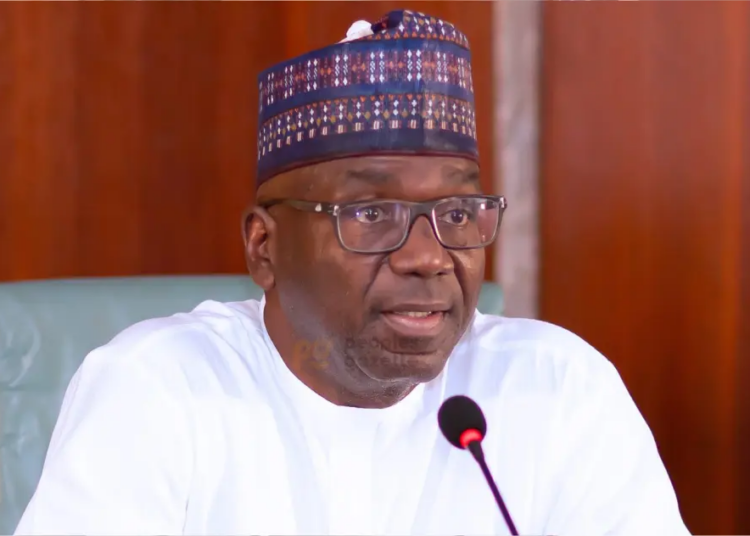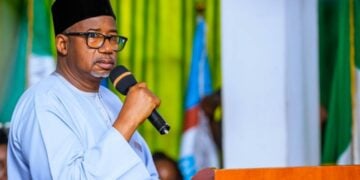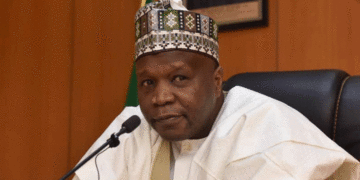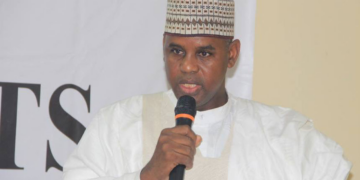Kwara State governor, AbdulRahman AbdulRazaq, has said his administration would continue to commit resources and collaborate with relevant organisations to tackle the challenges of climate change and encourage community acceptance of the options adopted.
AbdulRazaq spoke in Ilorin, the state capital, at a stakeholder engagement and sensitisation meeting on climate change policy and an action plan for the state, organised by the state Ministry of Environment.
The event, themed “Fostering a Healthier Environment through Action on Pollution and Climate Resilience for Sustainable Living,” was attended by the relevant stakeholders in the environmental sector, including members of the state executive council, media practitioners, ecological experts, religious leaders of both faiths, marketers, and transporters.
The governor added: “The reality of climate change, though global, is now a part of our days and livelihood, especially because of unchecked negative human interference on the environment through activities that encourage greenhouse gas emission as it occurs with felling of trees and burning them for charcoal production, refuse burning and indiscriminate waste disposal into water channels and drainages, amongst many of such acts.”
AbdulRazaq, who spoke through his senior adviser/counsellor, Alh Saadu Salahu, said most people do not know that the consequences of climate change go beyond an unkempt, unsafe, and unhygienic community outlook, which promotes diseases and deters progress in all ramifications.
He said that poor environmental management also affects farm yields, crop production, and food security because of erratic rainfall patterns and eventually the overall well-being of everyone.
“You would recall that as a state, we support using clean energy in the form of compressed natural gas. We paid relevant counterpart funds to key into the World Bank-supported Agro-Climatic Resilience in Semi-Arid Landscape (ACRESAL) Project through which climate-specific interventions are being undertaken to combat deforestation, reclaim degraded lands, support agricultural development and environmentally friendly initiatives,” he said.
AbdulRazaq said the stakeholders’ engagement and sensitisation meeting was organised to align the state with Goal 13 of the United Nations’ Sustainable Development Goals.
He assured that his administration remains committed to elevating the communities’ status, infrastructure, and people.
Earlier, the commissioner for the Environment, Hon Nafisat Musa Buge, said the programme was part of the concluding phase of additional efforts that the ministry was making to engage the public and organised groups directly or indirectly related to the environmental sector in the state.
She said the apparent increase in population within the state, especially the metropolis, calls for necessary actions, plans, and eventually the adoption of effective strategies to address the inevitable challenges that are being encountered and that will be encountered.











